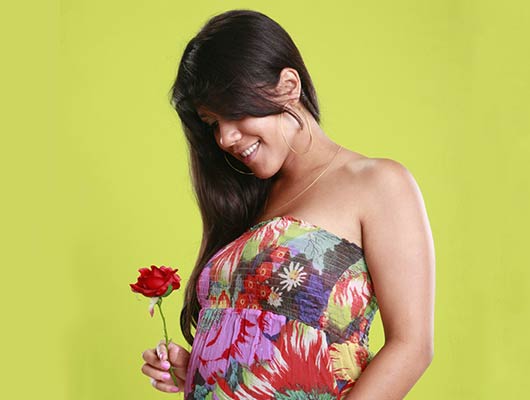
My successful adoption story continues.
Just last week at a deli I periodically visit, I was ordering my soup and salad when the man checking me out asked, “Are you mixed with something?” Coming of age as a Latina in the South in the 1980s and 1990s, this is a question with which I am pretty familiar.
“Excuse me?” I asked, to be sure I heard right.
“Are you mixed?” he asked again, making change of my ten.
“I am Puerto Rican,” I answered. And his eyes got big, clearly conveying he thought my Puerto Rican-ness was cool. I took my lemonade, found a booth, and started grading the stack of papers I had carried inside with me, not thinking twice about his question.
ASSUME RIGHT INTENTION
“Doesn’t that piss you off?” friends have asked over the years as they see me field questions about my ethnicity, citizenship, and background. And, to be honest, it very rarely has. The approach I have taken in answering the myriad of inquiries is to assume the questioner has the right intention, even if they are using language I wouldn’t use. Most people really just want to better understand things; they want a clearer picture of their world or even the world.
Yes, sometimes the questions are intrusive. Sometimes they are awkward, but the best thing I can do every single time is help that person understand the point of view I come to the world with in hopes that it helps him understand someone else’s world better. And if I think that maybe the question isn’t coming from right intent, I have found the perfect response for me, one that isn’t belittling or condescending but asks one to reflect on where the person is going and why, is “Why do you ask?” If there is wrong intention, my why always clear things up before going anywhere.
A CONSPICUOUS ADOPTIVE FAMILY
One of the critical conversations our adoption social worker suggested we have as we prepared to bring our baby boy home was how we would handle being a conspicuous adoptive family. My husband is a red-headed white man. My olive complexion is topped by jet black hair. Our son’s skin is a stunning nutmeg. As we moved through the world, our social worker said, people would notice us. We will get looks, she said; we might even get comments, some welcome and some not. She didn’t want any of it to surprise us.
Right away, we decided to go with the approach that I had been using for years: assume right intention. If we could expose people to one of the many amazing ways that families are made, we were honored to do so.
In the months immediately following our adoption, we rarely strayed from our small town, where most everyone knew our story and where adoption is not uncommon. We faced so few questions about how our family came to be made that we almost forgot there was any story behind it. Even at the grocery store, picking up something from the bakery with my boy on my hip, the pastry chef, who I didn’t know, cooed, “Oh, you two look so much alike.”
But, soon, it came time to live in that conspicuousness and practice our assumption.
At a local restaurant, we stopped to say hello to casual friends on the way to our table. “Where did you get your baby?” the visiting mother-in-law immediately asked. A few weeks later, at the beach for our first family vacation, our little piece of real estate at the ocean’s edge became a revolving door of questions. By lunch one day, I counted over 40 different inquisitors. Sometimes, to be honest, it got exhausting. I was a new, tired mom, and I barely wanted to have that much conversation with my husband much less peppy strangers who had never heard our story before and wanted every detail we could offer. And, truth be told, every person was gracious in their interest. They just wanted to know about adoption and if knowing about our adoption helped them be more aware of and sensitive to it in their lives’ back home, then great. If it allowed them to better support a family who was adopting back home, then even better. So I bucked up.
And then, just as our vacation was ending, an older man stopped by and asked a bevy of questions. I answered each one like it was the first time I’d ever heard it. As our conversation closed, he looked past me, clearly focused on someone else. He started waving to the person behind me.
“Hey,” he looked back at me now. “I know you must think I’m just a crazy old man, but my kids are adopting from Ethiopia, and we’ve wanted to get up the courage to talk to you all week,” he said. “Could you tell them your story?”
Of course, I answered and turned to find a mama who was just like me the year before on that beach, bright-eyed, curious, wondering. Assume right intention, indeed.










